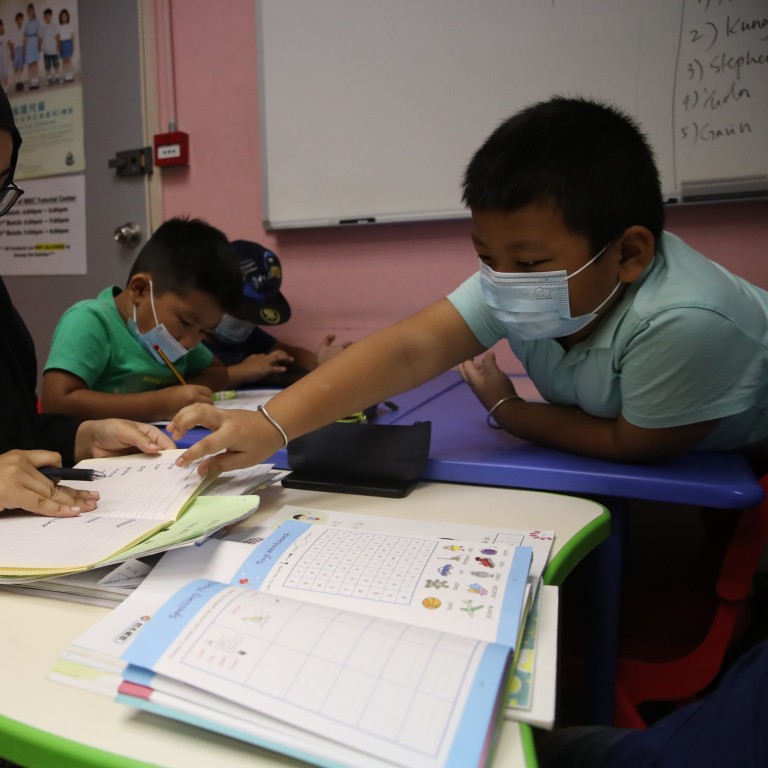
Letters | Hong Kong students’ struggles are indictment of teachers’ failures in the classroom
- Readers discuss educators’ responsibility to the young people of Hong Kong and supporting the elderly as the city reopens to the world
Nelson Mandela said there can be no keener revelation of a society’s soul than the way in which it treats its children.
One way or another, children are systemically underserved and educationally marginalised on the basis of language learning opportunities. Why is there this need to undermine children and disrespect their abilities?
Teachers are entrusted with empowering our young ones and securing Hong Kong’s future. With such power comes greater responsibility. When will this “blame the victim” storyline ever end?
Funding alone won’t help ethnic minority students master Chinese
Educators should consider owning up to the fact that they are accountable and have an undeniable moral, ethical and professional duty towards the children. Every child who falls victim to such educational poverty and such intergenerational, socioeconomic marginalisation is clear evidence of educators having failed them.
Manoj Dhar, Ap Lei Chau
Elderly need support as city starts to reopen
Even when vaccinated, the elderly are likely to remain the most vulnerable in terms of the need for hospital care. As Hong Kong opens up, they – particularly those with existing health issues – will be the most exposed. It is entirely possible that many among them will become infected with Covid-19 by younger members in their households, and they in turn would have caught it as Hong Kong starts to live with the virus.
This time, there must be effective measures to protect the elderly. The general public must be reminded to use emergency services sensibly so that capacity can be reserved for elderly patients.
The sight of elderly patients lying on gurneys outside public hospitals must not occur again. There must be enough doctors to give them proper attention and treatment.
No doubt there is much more to be done. It should be done now. Our health system has to be ready.
Clemence Yeung, Admiralty

